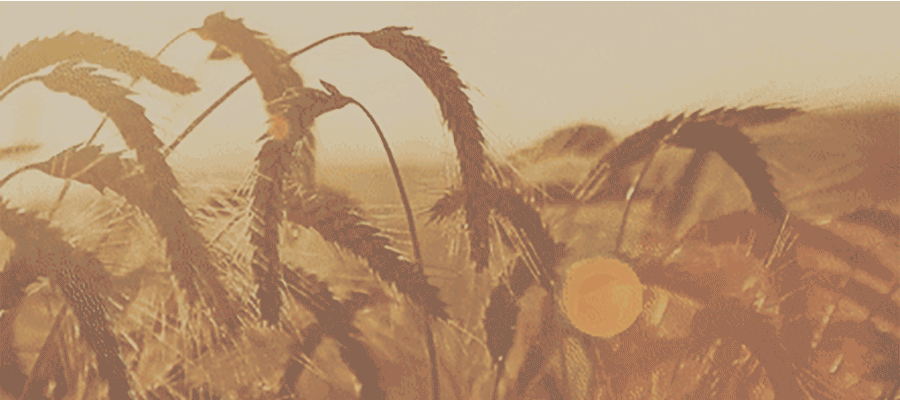remu was quiet. He watched him – fleeting; just a curious sideways glance – as he shut his eyes and settled his head back, and a little smile brushed its way onto his face, picked out by the dappled light from the canopy. Tom rested his own head against the trunk, and shut his eyes, and if he let himself smile, it was just as small and secret.
Thank you, he said, not Thank you, sir, and Tom was grateful.
He hadn’t expected Aremu to have much to say, not to the incumbent; he wasn’t sure what’d prompted him to reminisce, and he felt some embarrassment, but not enough to regret it. It looked like the imbala was enjoying the walk, leastways – and the company of the trees and the rustling kofi leaves, at least, if not the other man. He was sitting against another tsug tree, just far enough away, Tom thought, he wouldn’t feel even the edges of the porven lapping at him. He was grateful for that, too.
He rested his hat on his chest, wrist tired from the fanning. He still wondered what he might’ve said, what he might’ve been thinking. I didn’t know, he had the strange urge to say. I’d not a damned clue. There was anger, for a few seconds – then it cooled back to curiosity. A whole other world, out here, and you spent your days nurturing it like a garden, like a boch, for Uzoji – and here, I thought you’d just gone on about your business as usual; I thought you’d gone on shipside, and it’d just been me you didn’t want to see.
I thought it was something I said. He’d been trying not to think of it for days, now. Before that, months and years, ‘til he’d half-forgot the imbala, forgot he’d ever had anything to feel guilty about. Now it leaked into his head, the way it made him feel wasn’t scary as he’d thought it’d be. I thought it was something I did, he thought, letting himself feel the ache right underneath his heart. I thought it was me as hurt you, and then, a sigh: it had nothing to do with me, after all.
This was a different Aremu, same as he was a different Tom, he supposed. A hand, a body, a life. Like water through a cracked vessel, the hurt couldn’t hold. Different things were important to this Aremu; different things were important to him, now. And in thinking so, a door opened, just a crack, and he thought of the fields of cane, and – why, he wanted to ask, kofi and tsug? Why’s – intercropping – important? Was it your idea? He thought of him weaving bands of hair into a braid. Oes, it’d been his idea.
He only realized how used to the quiet he’d got when Aremu broke it.
It was a question broad as it was polite, and Tom tried to think of a way to say it. He thought he’d already shown him; he tried to think of a way to say, politely, that the incumbent liked his tsug trees very much. Then Aremu clarified. He opened just one eye, peering over at him. Aremu was staring up at the leaves overhead, without an inkling of what he’d asked of him.
But Tom laughed. “I don’t know, ada’xa,” he started wryly, shifting to straighten and roll his shoulders. He opened his eyes, but followed suit, staring up at the swaying leaves and criss-cross branches. “They say that Thul Ka’s the hands of the Vein, and the Rose is the heart, even in backwater Anaxas. It seems to me like a heart, blood rushing in and out; people, silks, spices, ships. It’s not as big as Thul Ka, not even as big as Vienda, but I think it’s easy to get lost in. I like that very much. It’s hard for a man like me to get lost in Vienda.”
Tom shut his eyes again, leaning his head back. He felt a little silly, but Aremu’d asked, even if it was only out of manners, and he didn’t want to give him nothing in return. He wasn’t sure, really, why the imbala had asked. He began fanning himself, gently, with the hat.
Do you like it here? “Why?” he asked, after a moment. “The kofi, underneath the tsug trees. How’d that come about? If you – want to tell me, ada’xa.” He smiled, looking back up at the canopy.









